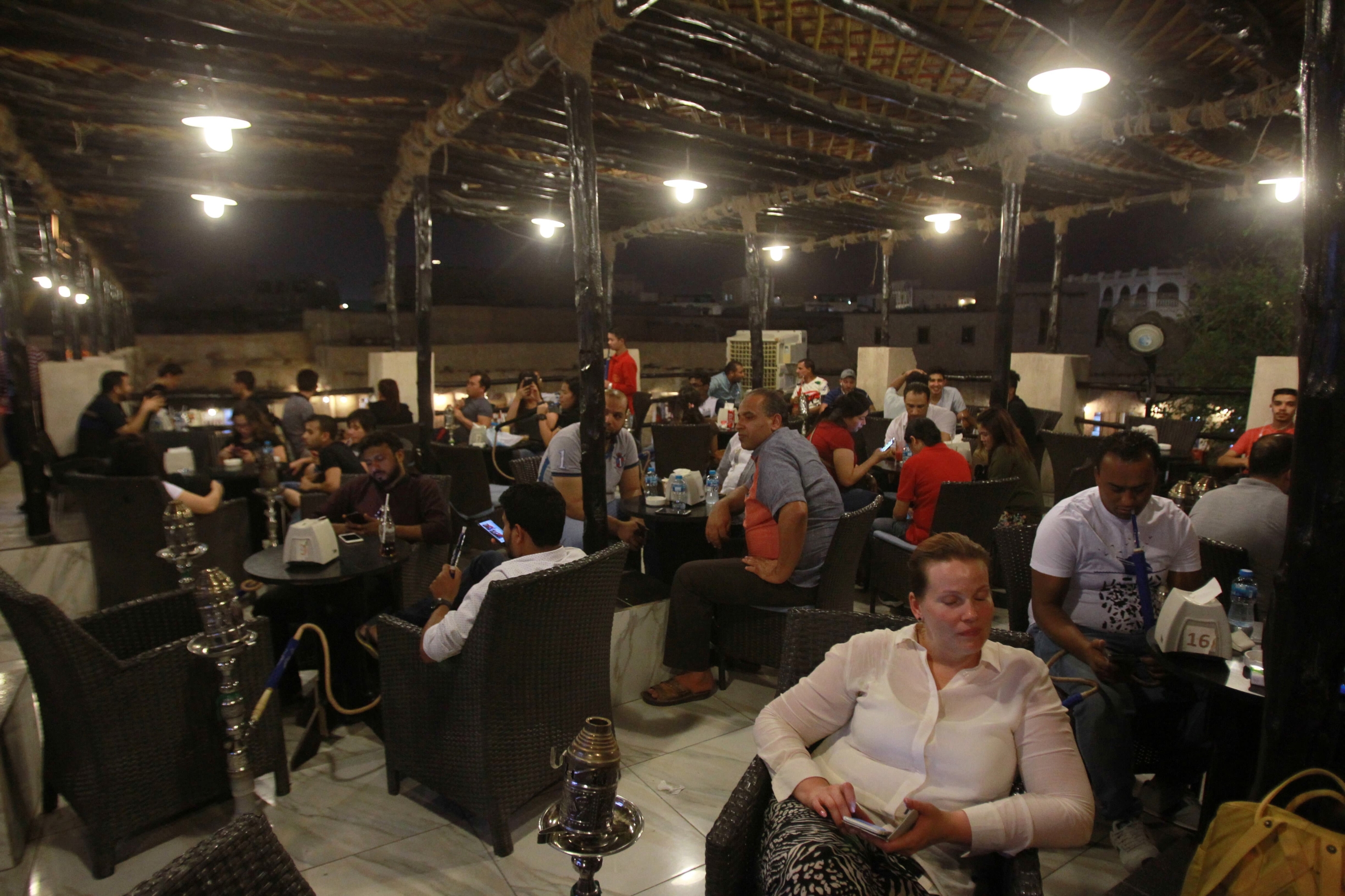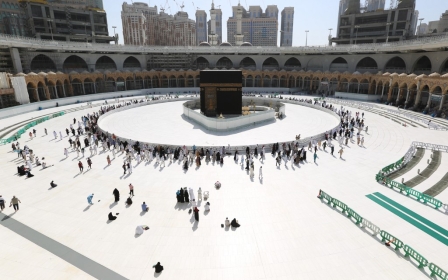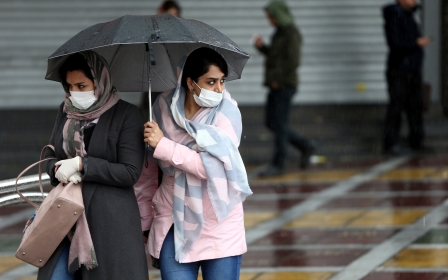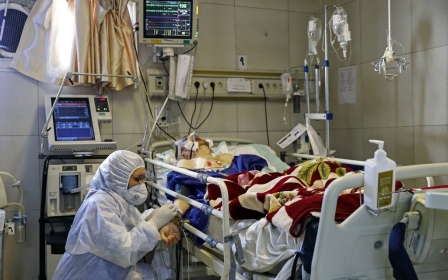Coronavirus: Qatar bans shisha in public places to stem outbreak

Qatar has announced a ban on shisha at all restaurants and cafes in an effort to stem the spread of coronavirus.
The ban began on Tuesday and would remain in effect until further notice, Qatar's Ministry of Public Health (MOPH) said in a statement.
The decision was a part of a preventive measure to avoid coronavirus infections. Qatar currently has 18 cases of COVID-19, the specific illness related to the current epidemic.
The ministry said that any person or group that violates the decision would be held accountable and legal action can be taken against them.
The announcement follows a similar one in Kuwait, which banned shisha from all coffee shops last week in an effort to curb the outbreak.
Currently, Kuwait has 69 cases of infections, with one person having recovered.
Qatar has taken other drastic steps to stop the virus from spreading, as new cases continue to emerge.
On Monday, the country announced the closure of all schools and universities, one day after MOPH said it was temporarily banning entry of travellers from 14 countries.
Gulf Arab countries reported a surge in coronavirus cases over the weekend, with the United Arab Emirates (UAE) closing all schools starting Sunday to prevent the virus from spreading.
Saudi Arabia also shut down all schools and universities.
The majority of cases detected in the Gulf Arab states have been linked to Iran, the country with the highest outbreak in the Middle East.
Those infected either travelled to Iran personally, or were infected by people who had visited the Islamic Republic.
Iran currently has more than 8,000 cases of the virus, with nearly 300 deaths, and more than 2,700 recoveries.
Middle East Eye propose une couverture et une analyse indépendantes et incomparables du Moyen-Orient, de l’Afrique du Nord et d’autres régions du monde. Pour en savoir plus sur la reprise de ce contenu et les frais qui s’appliquent, veuillez remplir ce formulaire [en anglais]. Pour en savoir plus sur MEE, cliquez ici [en anglais].





